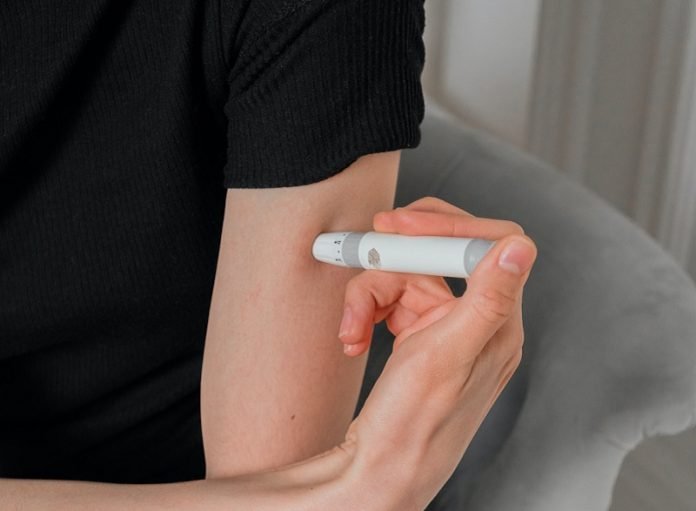
A new study conducted by researchers at St. Jude Children’s Research Hospital has uncovered critical information about the risk of prediabetes and diabetes among childhood cancer survivors.
This study sheds light on the increased likelihood of these survivors developing these conditions at a younger age, a situation typically associated with older individuals.
High Prediabetes Risk in Young Survivors
The study revealed a striking fact: childhood cancer survivors are twice as likely to develop prediabetes compared to the general population.
Prediabetes is a condition where a person has higher-than-normal blood sugar levels but not high enough to be considered diabetic. This condition significantly increases the risk of life-threatening diseases in survivors.
What’s crucial to understand is that prediabetes can be managed with lifestyle changes and interventions in the general population.
This opens up the possibility of improving the lives and overall health of childhood cancer survivors.
Early-Onset Prediabetes and Long-Term Risks
Imagine developing prediabetes at the age of 20 instead of the more common age of 40 or 50. The lifetime risk of diabetes and related health problems, such as cardiovascular disease and kidney disease, is much higher in the younger scenario.
This stark difference emphasizes the importance of addressing prediabetes in childhood cancer survivors as early as possible.
Prediabetes: A Warning Sign
Prediabetes is like a warning signal. It indicates elevated blood sugar levels, even if they are only slightly higher than normal. For childhood cancer survivors, even these small increases in blood sugar levels should not be ignored.
They should prompt immediate lifestyle changes, such as adopting a healthier diet and engaging in regular exercise.
Additionally, medication may be necessary to prevent the progression of prediabetes to full-blown diabetes and its associated health issues.
However, the most effective strategies for preventing diabetes in survivors with prediabetes are still uncertain.
Early Identification is Key
The key to preventing diabetes and its complications in childhood cancer survivors lies in early identification. Physicians should closely monitor survivors and take even small increases in blood sugar levels seriously.
These minor elevations should trigger discussions about lifestyle changes, potential medications, and regular follow-up with primary care providers.
Diabetes is known to increase the risk of heart and kidney problems. In childhood cancer survivors with diabetes, the risk of a heart attack event is twice as high as in those with normal blood sugar levels.
This heightened risk persists even when accounting for possible organ damage resulting from cancer treatments.
Additionally, survivors with prediabetes face an increased risk of heart issues, while those with diabetes are also at risk of heart failure and stroke.
The study also uncovered concerns about chronic kidney disease among survivors with prediabetes or diabetes. They face a threefold greater risk of developing chronic kidney disease, further highlighting the need for early intervention and prevention strategies.
This study represents the first step in understanding the consequences of prediabetes in childhood cancer survivors. It serves as a rallying cry for future research aimed at developing tailored approaches to protect the health and well-being of these individuals.
Childhood cancer survivors need support and education about the risks of prediabetes and diabetes. Identifying prediabetes early and providing appropriate guidance and interventions can help them lead longer, healthier lives.
The urgent need for action is clear, as every childhood cancer survivor deserves the best possible chance at a bright and healthy future.
If you care about cancer, please read studies that artificial sweeteners are linked to higher cancer risk, and how drinking milk affects risks of heart disease and cancer.
For more health information, please see recent studies about the best time to take vitamins to prevent heart disease, and results showing vitamin D supplements strongly reduces cancer death.
The research findings can be found in Journal of Clinical Oncology.
Copyright © 2023 Knowridge Science Report. All rights reserved.



